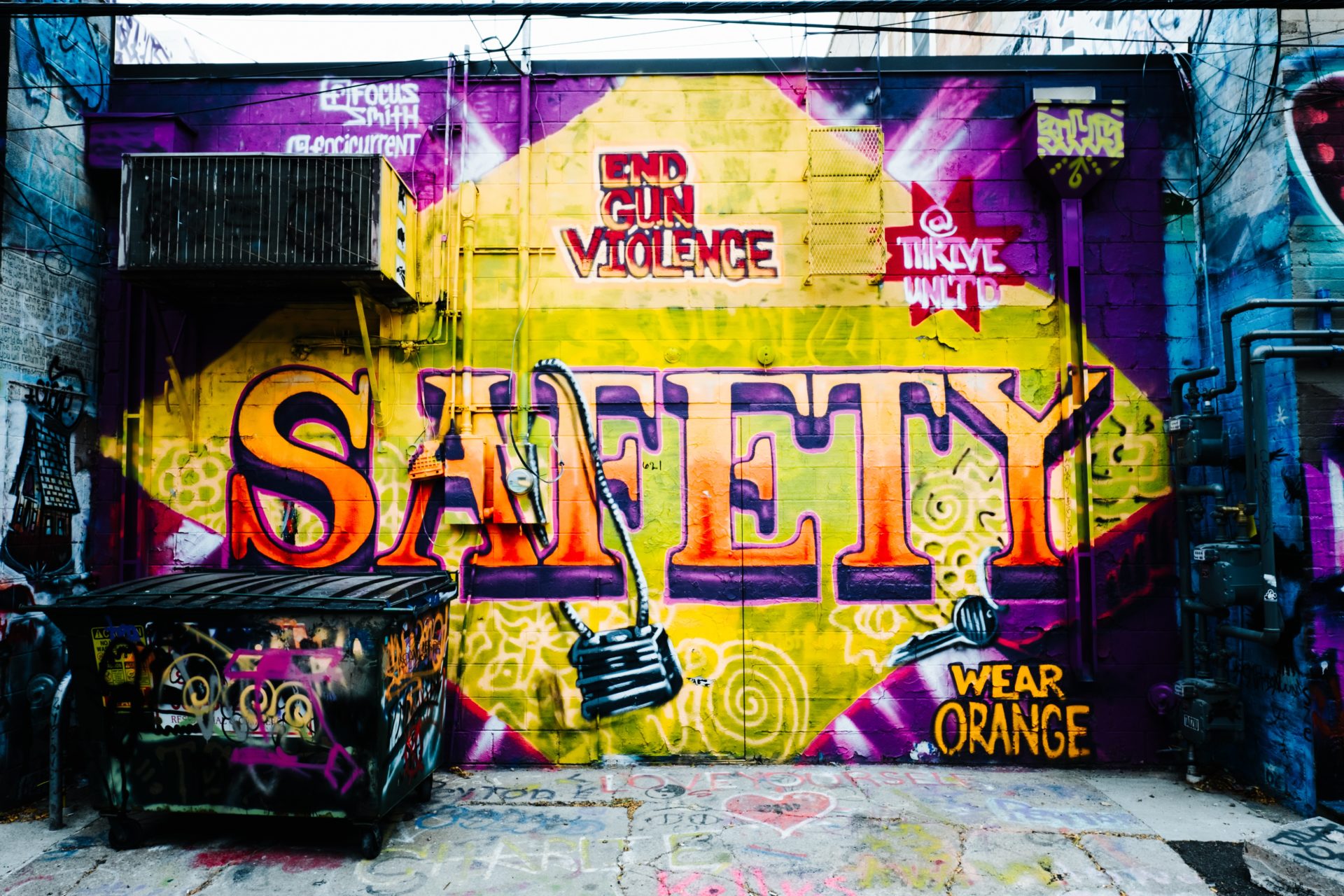
Photo by Serge van Neck on Unsplash
“I tried to let them know they were safe”
May 24, in Uvalde, Texas, 19 children and two adults were shot dead at Robb Elementary School. “I tried to let them know they were safe,” Marcela Cabralez, a local pastor, quoted in The Washington Post, told young, traumatized students when she found them hiding and hurting and crying and rocking inside the school after the shooting. Her own grandchildren were among those she consoled.
Ten years ago, I was asked to come to Newtown, Connecticut after the massacre there of 20 first graders and six adults. I worked intimately with the community to help them move from trauma and despair to healing and hope. Last week, I wept as I drove home from work after hearing the news from Uvalde; it was the same tears I shed each time I returned home from Newtown.
As I travel the country and work in places like Jackson, Mississippi, Alamance County, North Carolina, Reading, Pennsylvania, and Stamford, Connecticut, among others, I am finding a rawness that I have not witnessed in the 35 years I have been doing my work. Covid accelerated and exacerbated people’s anxiety, loneliness, isolation, and fears. But what I am seeing and hearing and feeling started long before the pandemic.
What does it mean to feel safe? Surely, it means as a parent you believe your child will come home alive from school each day. Surely, it means you do not fear for your life when going to church, shopping at a grocery store, crossing a street.
Each place I visit, people take my hands tightly in theirs, look at me with tears in their eyes, and beg to feel safe — to find a small flicker of hope for their children, themselves, their community, this nation.
To feel safe is to believe that someone you love will not fall victim to a gunman.
To feel safe means that you can raise hard issues in your community and not fear retribution for making waves.
To feel safe means that you can express sorrow, anger, and even rage, about painful and profound challenges and others will not walk away, or worse, tell you to calm down.
To feel safe means that you have access to mentoring and mental health services — that you know someone loves you, you have allies to fight bullies, and the support to care for your well-being.
To feel safe means that you can walk down your street at night without fear and without being enveloped by the despair of blight.
To feel safe means that each person’s dignity is upheld and honored, regardless of how much money they have, the car they drive, the home they live in, the color of their skin, who they pray to, or if they pray to anyone at all.
Our politicians, news media, and others have already started with their empty tropes about guns, arming more people, and hurling accusations and incriminations at one another. Do the people who take my hands in theirs and seek hope feel any sense of possibility from these endless, toxic debates? Does this noise and nonsense make anyone feel safe?
I am outraged — no, I am enraged — by yet another mass shooting. But such outpourings of anger are not enough — at least not for me. I want action. And I want more than no more shootings; I want people to feel hope in their lives. That tomorrow, they and their loved ones are not just alive, they can create lives based on their deepest aspirations. That in the days ahead, we can rebuild our communities and this nation so that everyone can fulfill their potential and be a genuine part of creating America’s promise moving forward.
“I tried to let them know they were safe.” Hear these words. Allow them to penetrate your heart. Be moved by them. Then, let us come together and get to work. Let us reimagine and recreate who we seek to become. And let us ensure that every individual feels safe and holds real hope for their lives.
The views expressed are those of the author and not necessarily those of American Baptist Home Mission Societies.


